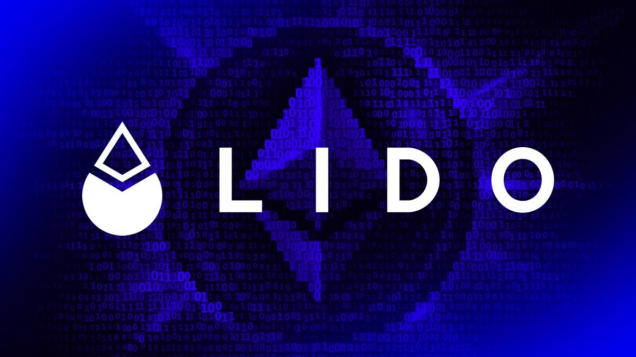
LDO token (Lido DAO Token), as the core token of the Lido protocol, plays an important role in the Ethereum 2.0 pledge service. Ethereum 2.0 is an upgraded version of the Ethereum network, designed to improve the scalability, security and energy efficiency of the network. The Lido protocol solves the asset liquidity problem of traditional pledges by providing liquidity staking services. This article will delve into the application of LDO tokens in Ethereum 2.0 and its impact on the ecosystem.
Ethereum 2.0 Overview
The main goal of Ethereum 2.0 is to convert the existing Ethereum network from a Proof of Work to a Proof of Stake mechanism. This upgrade will significantly increase the network’s transaction speed and processing capabilities. However, asset liquidity issues during the staking process limit users’ enthusiasm for participation.
The role of the Lido protocol: The Lido protocol allows users to obtain liquidity tokens (such as stETH) while staking Ethereum 2.0, which allows users to participate in staking without losing liquidity. The LDO token plays a key role in this process.
Functions of LDO Token
Governance participation: LDO token holders can participate in the governance of the Lido protocol and vote on the future development direction of the protocol.
Staking rewards: LDO tokens, as part of the staking rewards, encourage users to participate in staking and support the operation of the protocol.
Economic incentives: LDO tokens are used to incentivize liquidity providers and promote the healthy development of Ethereum 2.0 staking.
Impact on the ecosystem: The introduction of LDO tokens allows Ethereum 2.0 staking participants to enjoy higher flexibility and liquidity, further promoting the expansion of the Ethereum ecosystem. By providing liquidity staking services, the Lido protocol lowers the threshold for participating in staking and attracts more users to participate.
Conclusion: LDO tokens have important application value in Ethereum 2.0 staking. It not only solves the problem of asset liquidity, but also promotes the development of the Ethereum ecosystem. As Ethereum 2.0 advances, the role of LDO tokens will become increasingly important.